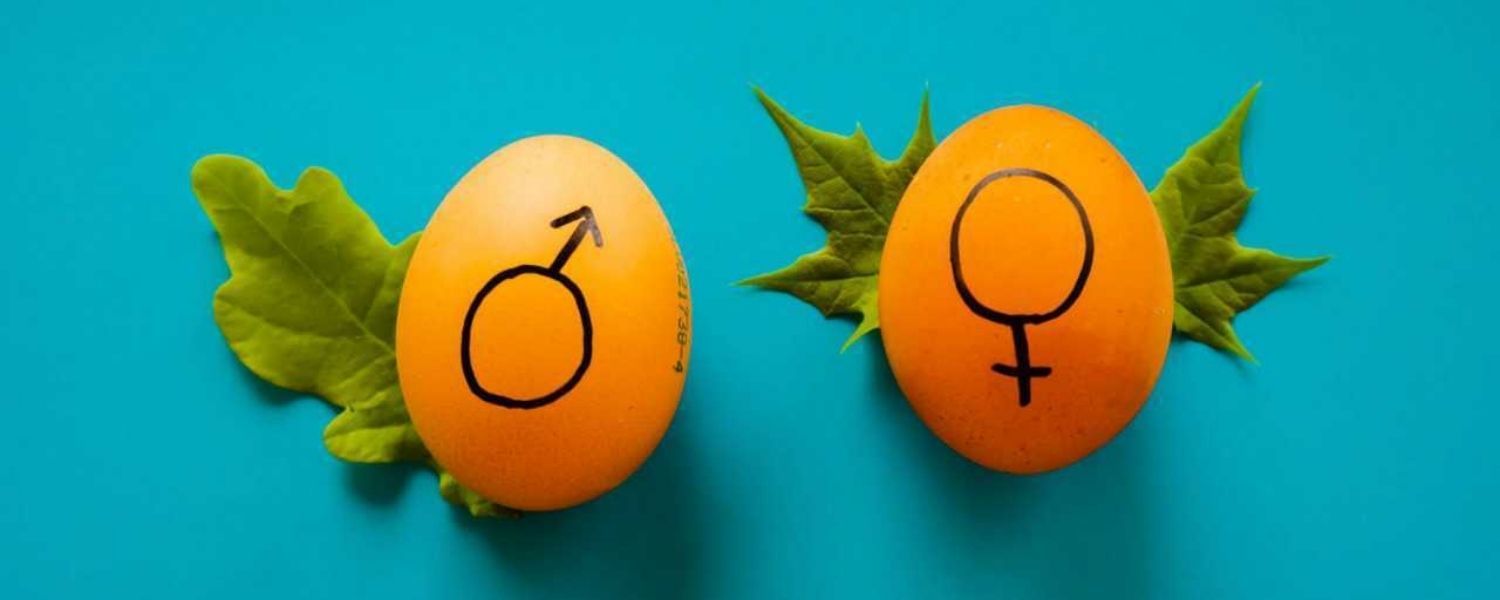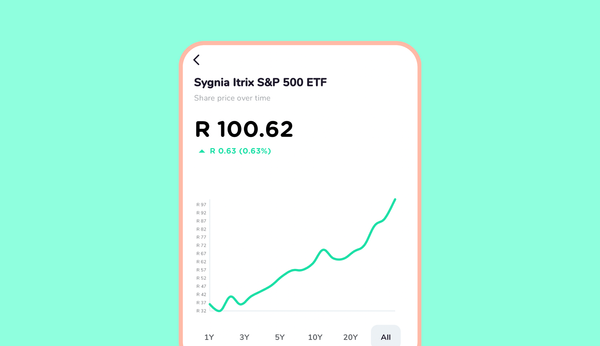Everyone has difficulties with saving and investing, especially when they did not grow up in a household with a savings culture. If you've read a couple of articles on saving you will no doubt have come across the term ‘Savings culture.’ It’s about saving as much as you can as often as you can, if everyone does this we'll all be better off. True, but there should be an asterisk next to this statement because it fails to acknowledge a problem which is starting to get more attention in today's society.
That is a very real thing called the gender investment gap. It is a result of women tending to invest less than men. It is an issue experienced not only in South Africa but worldwide. Women statistically live longer than men, yet in 2017 the World Economic Forum reported that women retire with 30% to 40% less money than men. As a young woman and newbie to the world of investment and personal finance, this was disappointing to learn about. Even more upsetting was realising that even though, at Franc, we make every effort to make our app a place for everybody, our active investor base is consistently around 70% male. Well done to the 30% of females who have taken steps to invest but where are the rest of us ladies and why aren’t we thinking about investment?
Understanding this is something we’ve wanted to know at Franc for a while. Why does this gap exist when women have just as many reasons to save for a goal or grow their wealth? We live longer, we may dream of an extravagant wedding, want to go on far away holidays and possibly have children. All things needing short term saving and long term investing. Possibly, it's related to culture. Many women face several challenges caused by outdated cultural norms that often result in them investing less. I could probably write another article on each of these challenges but here is a quick summary of them:
Money Culture
In the traditional family structure it is men that make and manage the money. In today's society, maybe not so much as both partners are often working. It is also not unusual to find a woman who is the breadwinner. Yet often women are still not being taught to invest in the same way men are. Recent studies in the UK have found that this culture starts in childhood with boys more likely to receive a money related talk from their parents. It then continues into adulthood where male targeted magazines give investment advice while female targeted magazines chastise their readers about over spending and tell them to save more. It is often the subtleties we don’t see or realise.
Postponed careers
Women often take on the role of caregiver. They have children and then stay home when their children are young or to care for their elderly parents. This leads to a loss of career momentum, income and ultimately slows down the growth of their wealth, as they have less money to invest and lose out on valuable compound growth.
Lower Salaries
The 2017 Pulse of the People report found the South African gender wage gap to be 27%. This means that not only are women working less, they also tend to have less money with which to live on, grow their investments and again less to compound with.
The Pink Tax
On top of having less money to spend the pink tax is unavoidable for today’s modern lady. The pink tax consists of additional expenses females will incur that men often won't. Sanitary products, manicures, make-up, etc. are all expenses that women will spend their money on that men could invest, if they chose to.
This article has been a bit of a sad realisation but let's not forget that knowledge is power. Now that we know about this gap we can start empowering ourselves to build a bridge across it. Nobody is changing the biology of childbirth anytime soon; but there are steps that everyone of us can take to help solve this issue. Understanding the subtleties in our language and actions become key to the change we want to see. Being more directly intentional will start to make a difference. In South Africa, investing is something that both men and women are not doing enough of. This is important for our country, our communities and our families. Let the change start with you.










